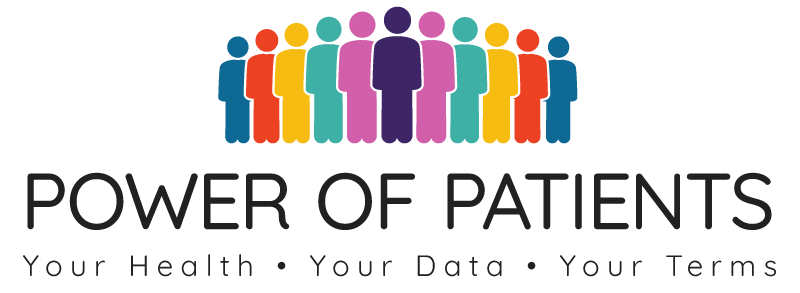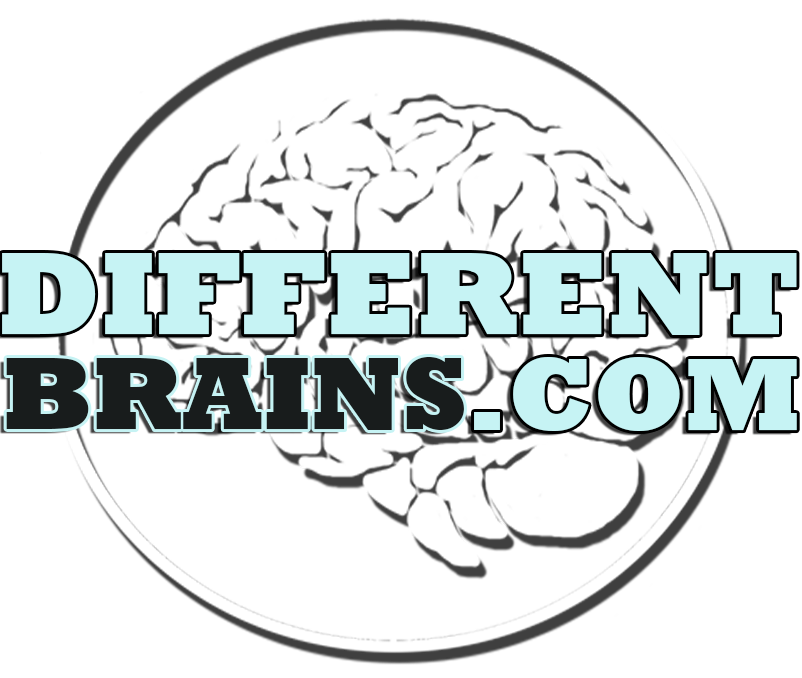LOGISTICS
Logistics is the art of moving products around.
This was covered under differing titles over the years like shipping and receiving, now however, the label logistics has surfaced as the new more sophisticated term for the movement of goods. This is another topic which everyone with a brain injury is involved with and has become or is becoming more aware of. It’s all the facets of their own movement during the passage of time. The facets involved will change with time over the
course of rehabilitation.
Your journey will likely start with a wheelchair which is propelled by another human whose capacities are superior to yours. This will change with time. Some of you may end up driving again. This is a whole other set of logistics, especially when you have to own and manage your own car in terms of not only gas and oil, but also licensing and insurance.
“LOGISTICS... IS THE MOVEMENT OF GOODS. YOU ARE THE GOODS.”
Logistics as noted here is the movement of goods. You are the goods. Try thinking ahead of to you will get to the next day’s appointments. This is something that is uniquely yours to think about. At first others will look after all the arrangements, but slowly this will change. At first your food is probably looked after as are numerous other things so that all you will have to think about are the special appointments that you have. As you progress so will your responsibilities.
At some juncture you will probably end up looking after your own food, cleaning supplies as well as assorted other household items. These areas of life are all opportunities to practice thinking. Initially you may have to write all these things down. This process still activates all the circuits that are used when your memory is better. When you have a spare moment
during the day, and who doesn’t, try and think about some errands you need to run. Think about where you need to go to get the required items, then think about how you will get there, then think about the timing and who or what you need to have with you in order to fulfill these errands.
As an easy example you have a doctor’s appointment the next day. Plan how you will get there. Then decide how much time it will take you – always leave some room to arrive early and wait. Your time is cheap – they are the ones whose advice you are needing. Next plan how to pay for the transportation. Walking is a no brainer, however, you still have to think about the timing and how the weather is.




